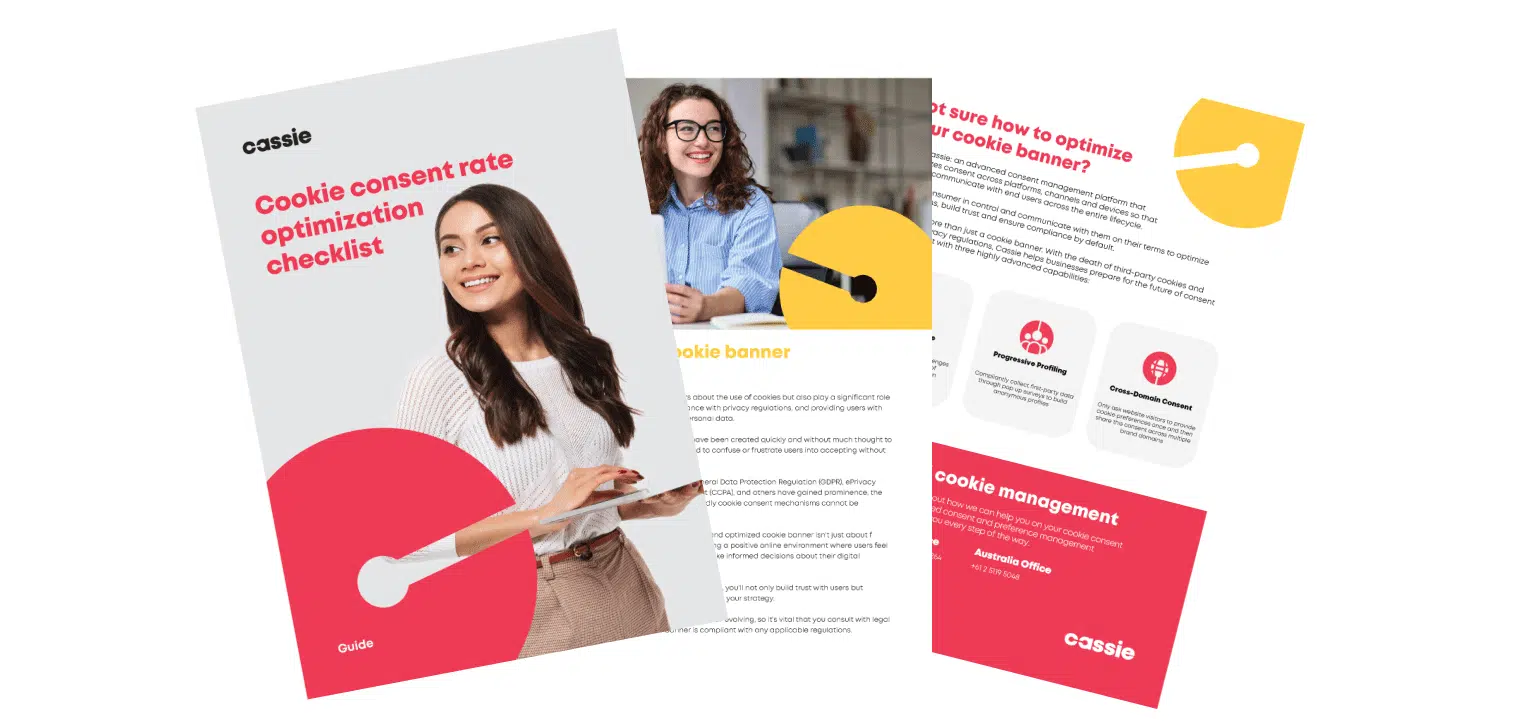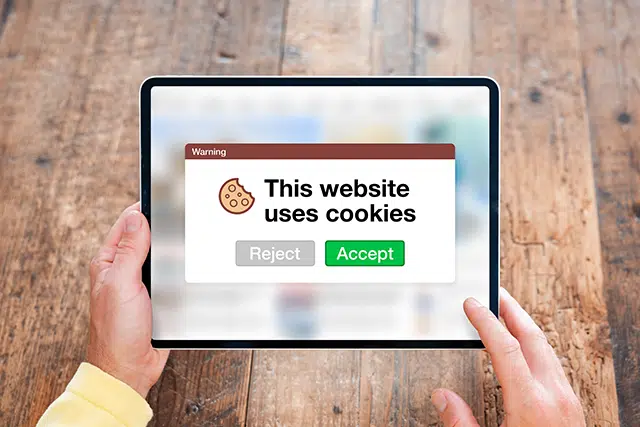Mobile app cookies: Everything you need to know
Posted: September 10, 2022
Mobile applications have revolutionized our interaction with technology, becoming an integral part of our daily routines. One key component that enhances user experience and enables personalized interactions in these apps is cookies. Let’s explore the complex ways mobile apps employ cookies, highlighting their functions, advantages, and implications for user privacy.
The purpose of cookies in mobile apps
Cookies serve various functions in mobile apps, including:
- Information retention: Cookies save small data fragments on the user’s device, enabling mobile apps to recall user information. This feature allows users to remain signed in, eliminating the need to repeatedly input credentials.
- User customization: Cookies remember user preferences, such as language settings, theme selections, or personalized configurations.
- Analytics and tracking: Cookies assist app developers in understanding user interactions with their services. Analyzing cookie data allows for performance improvement, issue identification, and user experience enhancement.
- Advertising and customization: Some apps employ cookies for targeted advertising. These cookies monitor user behavior to display ads that align with their interests.
Mobile app consent vs. website consent: what’s the difference?
The distinction between mobile apps and websites primarily lies in context and implementation. Mobile apps use similar data storage mechanisms, often referred to as “HTTP cookies” or “app cookies.” These cookies fulfill similar roles as their web counterparts, enabling the app to store and retrieve data to improve user experience, remember user preferences, and track usage behavior.
However, mobile app cookies operate within the app’s ecosystem and are not directly accessible by other apps or web browsers. While mobile apps can use data storage mechanisms similar to cookies, the technical implementation and specific terminology may differ from traditional web cookies.
While the fundamental concept of consent remains consistent for both mobile apps and websites, there are key differences based on the platform and user interface:
| Mobile Apps | Websites | |
| Platform | Refers to applications designed for mobile devices (e.g., smartphones, tablets). These apps are typically installed directly on the device and run locally. | This applies to websites and web-based services accessed through web browsers on various devices. |
| User Interface |
|
|
| Customization | Consent & Preference Management Platforms (CPMs) should allow customization to create cookie notices tailored to different user interfaces and devices (including mobile browsers). | Customization should be similarly available on websites for cookie notices, regarding the different interfaces and devices available. |
While the core principles of consent apply universally, adapting the consent mechanisms to specific platforms and interfaces is essential. Effective user communication and compliance should always be top of mind when using cookies within mobile apps.
Privacy considerations: essential information
The use of cookies in mobile apps is subject to privacy regulations and guidelines. App developers must adhere to relevant laws and obtain necessary user consent. Users typically have control over their cookie preferences within the app’s settings or privacy options, as they must be transparent in the app’s cookie policy and privacy policy.
Regulations like the General Data Protection Regulation (GDPR) in the European Union or the California Consumer Privacy Act (CCPA) in the United States require companies to obtain consent from users before any personal data may be collected or processed. In addition, the app must provide information on how and if it shares personal data with third parties.
The personal data that can be collected includes, but is not limited to, location data, contacts, device information or browser history.
Does the General Data Protection Regulation (GDPR) apply to mobile apps?
The GDPR does apply to mobile apps that collect, process, or store personal data from individuals within the European Union (EU). Additionally, the GDPR has an extra-territorial scope, meaning it applies not only to EU-based companies but also to organizations outside the EU that provide goods or services to EU residents or monitor their behavior.
In practical terms:
- If your mobile app handles personal data from EU residents, regardless of where your app or business is located, you must comply with GDPR requirements.
- Personal information includes details that directly or indirectly identify an individual, such as names, email addresses, location data, IP addresses, or device identifiers.
Remember that ensuring GDPR compliance is essential for protecting user privacy and maintaining trust in your app.
Understanding cookie policies for mobile applications
If apps are using cookies, then they must meet the legal requirements for using cookies in the user’s region.
For instance, to comply with the Privacy and Electronic Communications Regulations (PECR) in the UK, you must inform users about cookies and, in most cases, obtain consent to use or decline them. Unless exceptions apply, PECR requires that mobile apps obtain informed consent before storing cookies on users’ devices.
It is crucial to provide a cookie policy that is accessible to users before the app deploys cookies on their devices. Apps using cookies should provide users with comprehensive, user-friendly information about cookies, ensuring maximum transparency.
Drafting cookie policies for apps can be challenging, especially when cookies can collect users’ personal data. In such cases, additional rules may apply, such as the UK Data Protection Act. Cookies require a technical analysis to understand which cookies an app deploys so you can provide transparent information about them. If you need support with a cookie policy, consider seeking advice from a data protection lawyer to guide you and prepare the policy on your behalf.
Mobile apps rely on cookies to enhance user experience, personalize content, and track analytics. While similar to web cookies, app cookies operate within their own ecosystem. Privacy regulations, such as GDPR and US privacy regulations, govern their use, emphasizing transparency and user consent. As technology evolves, understanding and managing cookies will continue to shape how mobile apps are built and utilized.


